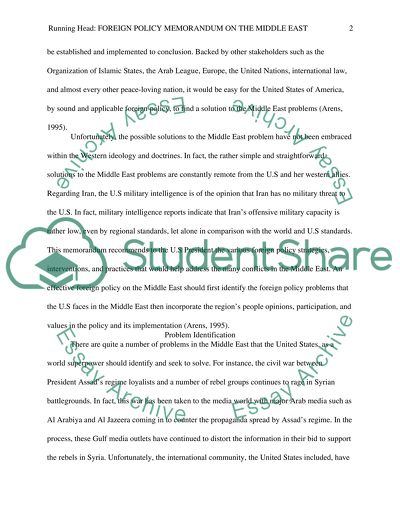Cite this document
(“Foreign Policy Memorandum Admission/Application Essay”, n.d.)
Retrieved from https://studentshare.org/politics/1455672-foreign-policy-memorandum
Retrieved from https://studentshare.org/politics/1455672-foreign-policy-memorandum
(Foreign Policy Memorandum Admission/Application Essay)
https://studentshare.org/politics/1455672-foreign-policy-memorandum.
https://studentshare.org/politics/1455672-foreign-policy-memorandum.
“Foreign Policy Memorandum Admission/Application Essay”, n.d. https://studentshare.org/politics/1455672-foreign-policy-memorandum.


